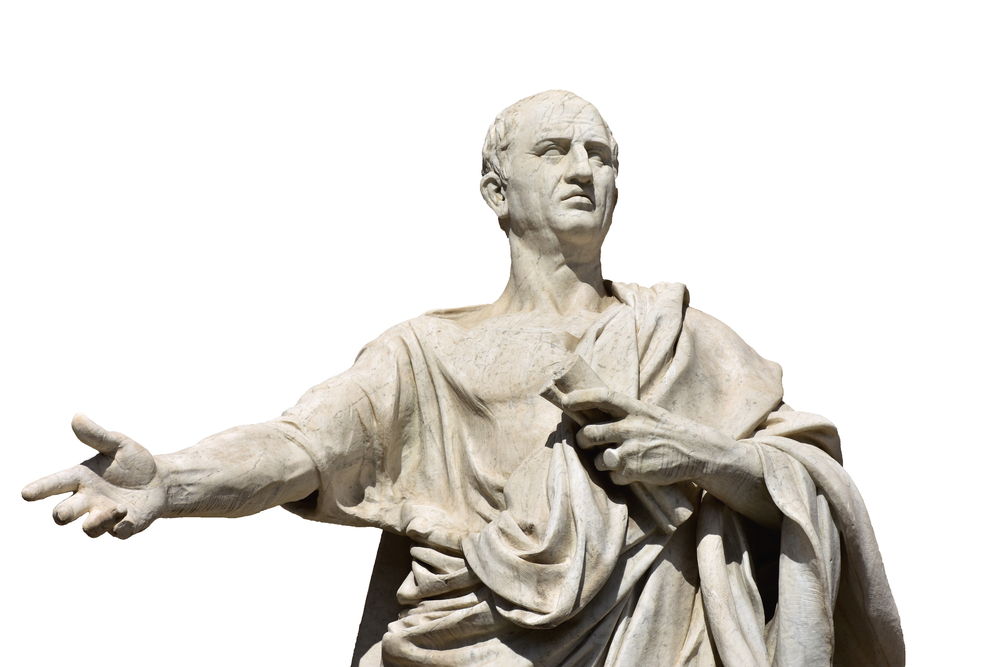Exploring the Hershey Company’s Child Labour Case | Dr Bertrand Guillotin
Original Article Reference
This SciPod is a summary of the case ‘The Hershey Company: Broken pledge to stop using child labour’, published by IVEY Publishing and distributed by Harvard Publishing.
About this episode
The Hershey Company, one of the largest chocolate manufacturers in the world, produces and distributes millions of sweet treats every year. In 2019, an article on the Washington Post accused the company of failing to uproot child labour from its cocoa supply chain. Dr Bertrand Guillotin, an Associate Professor at Temple University’s Fox School of Business, recently published a case study that closely explores these child labour allegations against the Hershey Company.
This work is licensed under a Creative Commons Attribution 4.0 International License. 
What does this mean?
Share: You can copy and redistribute the material in any medium or format
Adapt: You can change, and build upon the material for any purpose, even commercially.
Credit: You must give appropriate credit, provide a link to the license, and indicate if changes were made.
More episodes
Dr Jerome Premmereur | What Spinoza Can Help us Understand About Extreme Radicalism
In a novel exploration of human radicalism, defined by governments as violent attacks, Dr Jerome Premmereur, a cardiologist and a clinical research expert based in the United States, draws on the philosophy of Baruch Spinoza to propose innovative solutions to the pressing societal issue of terrorism. His new book, “A Biological, Psychological and Philosophical Approach to Human Nature and Radicalism”, examines radicalism through the lens of human biology and Spinoza’s concepts, offering a comprehensive approach to understanding and mitigating extremism. Premmereur argues that radicalism is an inherent part of human nature, but can be addressed through a holistic strategy encompassing education, politics, balanced laws, healthcare, and economic stability. By revisiting ancient Greek democracy and applying Spinoza’s ideas to modern challenges, Premmereur presents an optimistic vision, although challenging in practice, to reduce extremism and create a better world.
Professor Penelope Corfield | Key Changes in Daily Greetings in 18th Century Britain
In 18th century Britain, the old tradition of deep bowing and curtseying as a form of greeting slowly evolved into a brief touch of the cap or head (for men), or quick bob of the body (for women). Simultaneously, a new form of urban greeting was emerging: the handshake. How and why did the handshake gain such popularity, becoming our most standard greeting today? This phenomenon is explored in a new essay published in the journal Urban History and authored by Professor Penelope Corfield of London University.
Dr Ceccherini-Nelli | What Makes Great Orators’ Speeches Effective and Persuasive?
Since ancient Greek civilization, we have sought to identify what makes some people more effective and persuasive orators than others. Studies have suggested that this might be related to rhythmic patterns in certain speech, but evidence is limited. Dr. Ceccherini-Nelli of the University of Alberta conducted a study with his colleagues to explore this. They looked at the patterns present in political speeches and conducted experiments to determine their effects.
Professor Pei Wang | Defining AI to Ensure Effective Research and Policymaking
Artificial intelligence – or AI – is receiving increasing attention for its rapid development and potential to change society. Researchers are working hard to develop its capabilities, while regulators are racing to ensure it is managed and governed properly. But what do we mean by AI, and how can we define such a complex term? In a recent paper, Professor Pei Wang at Temple University argues that the lack of an agreed definition makes it difficult for policymakers to assess what AI will be capable of in the near future, or even which kinds of AI are desirable. To combat this, he discusses what makes a robust definition, and suggests his own.
Increase the impact of your research
• Good science communication helps people make informed decisions and motivates them to take appropriate and affirmative action.
• Good science communication encourages everyday people to be scientifically literate so that they can analyse the integrity and legitimacy of information.
• Good science communication encourages people into STEM-related fields of study and employment.
• Good public science communication fosters a community around research that includes both members of the public, policymakers and scientists.
• In a recent survey, 75% of people suggested they would prefer to listen to an interesting story than read it.

Step 1 Upload your science paper
Step 2 SciPod script written
Step 3 Voice audio recorded
Step 4 SciPod published




